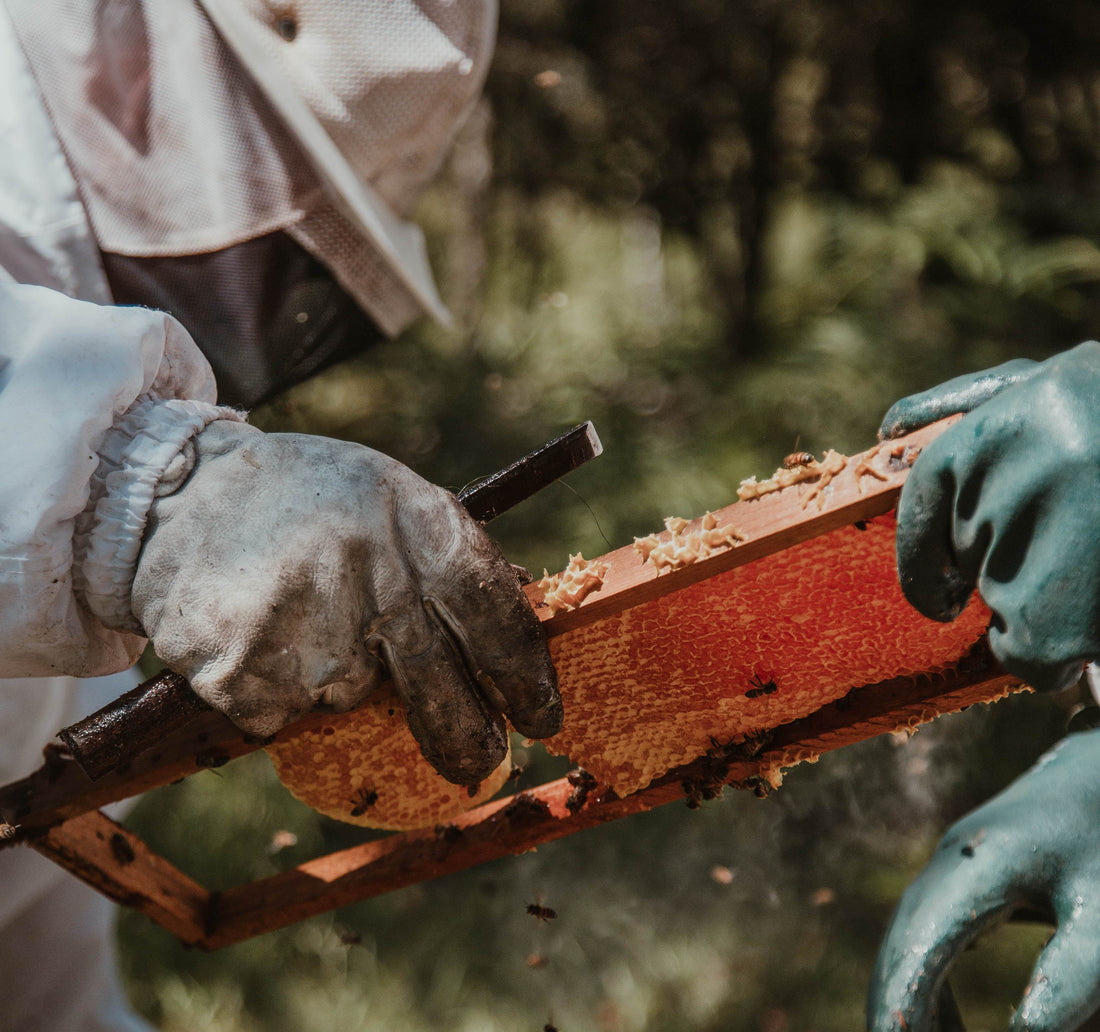Did you know that…
Honey has always been considered a valuable and important source of nutrition. Therefore, honey has played an important role in the healing arts, religious rites and ceremonies of past cultures.
Honey, beeswax and the industrious bee have left traces in almost all cultures and religions.
Daily intake of honey has always been considered good for good health and old age.
Pythagoras and his disciples followed a diet whose main ingredient was a mixture of honey and milk, ambrosia.
The first bee society that came to the Nordics was brought by Bishop Mennander in 1760 from Estonia to Finland. However, the bee society died quite quickly. Five years later, Professor Pehr Kalm brought bee colonies to Turku University's garden, and beekeeping then began to spread from there.
The world's oldest beehives were found in Jerusalem
It is clear that archaeologists in northern Palestine have now found the remains of thirty almost 3,000-year-old beehives. According to archaeologist Amihai Mazar of the University of Jerusalem, the beekeeping was very well organized and tangible proof that the honey production previously seen described in texts really existed.
In addition to being used as food, honey was also used in religious and medicinal contexts already in antiquity, but no earlier finds are as old or extensive as these.
Source:
Research and progress Henrik Höjer

